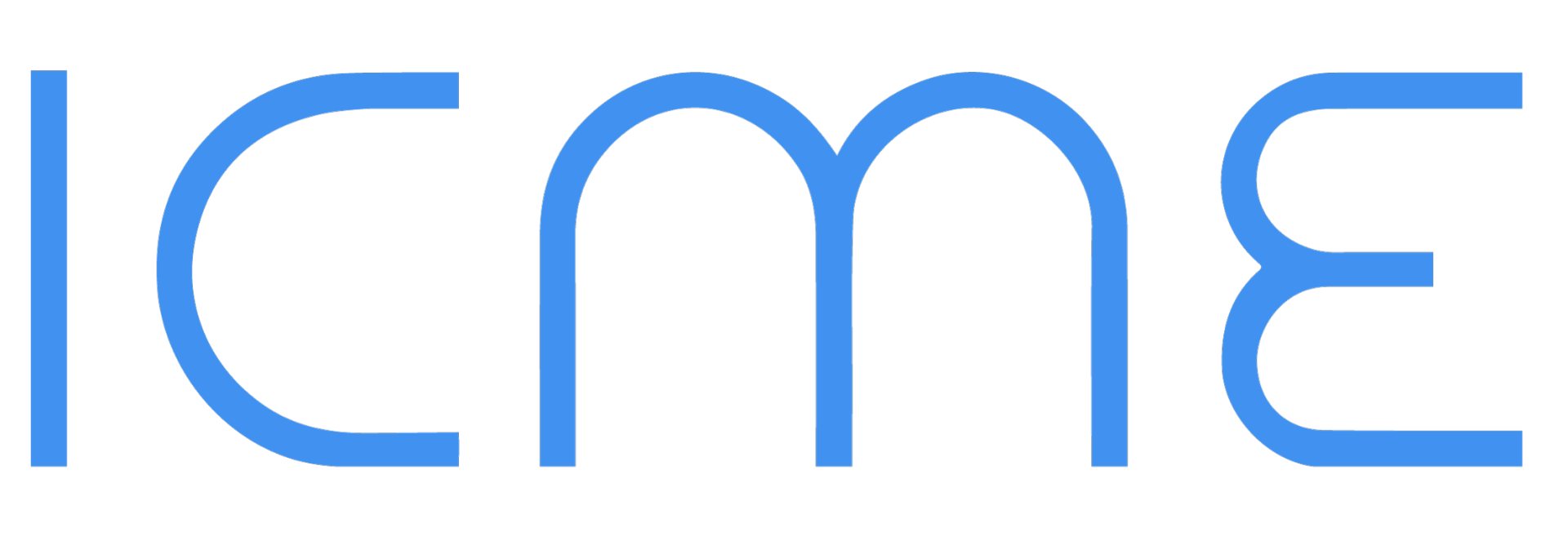The Future of DeFi Needs ZKPs
Decentralized finance (DeFi) faces major problems that prevent its widespread adoption. These problems can be overcome with zero knowledge proofs (ZKPs).

Decentralized finance (DeFi) faces major problems that prevent its widespread adoption.
These problems include a lack of security that leads to constant hacks, a lack of privacy that exposes transaction details, slow network speed and scalability, and difficulties in compatibility across different blockchains.
These problems can be overcome with zero knowledge proofs (ZKPs). ZKPs are cryptographic protocols that allow one party to verify the truth of a statement or property without revealing any other information.
For example, ZKPs enable parties to prove that they possess required credentials or financial characteristics without revealing any related confidential details such as personal information, funding details, or transaction data.
A ZKP of a statement effectively provides absolute guarantees that the statement is true. ZKPs cannot be faked.
Amplifying Privacy and Streamlining Compliance
In DeFi, ensuring transactional privacy while maintaining regulatory compliance is is a difficult balance. ZKPs can improve on the current state in the following ways.
- Transaction Privacy
Current State: In existing DeFi platforms, transactions are recorded on a public ledger (blockchain), making all transaction details transparent. This level of transparency, while useful for auditability and trust, compromises user privacy. Every transaction, including its amount, origin, and destination, is visible to anyone who accesses the blockchain, posing significant privacy issues.
With ZKPs: ZKPs can transform this scenario by enabling transaction validation without disclosing the transaction's specifics. Imagine conducting a transaction where the validity (i.e., that the transaction is legitimate and conforms to the network's rules) is proven, but the amount, sender, and recipient details remain private. This preserves the integrity of the blockchain while safeguarding user privacy.
- Identity Verification
Current State: DeFi services often require users to undergo identity verification processes (Know Your Customer - KYC), which typically involves sharing personal information. This could include sharing documents or personal details, risking privacy and data security.
With ZKPs: ZKPs can revolutionize this by enabling users to prove certain attributes (e.g., being over a certain age or residing in a particular country) without revealing the actual data. For instance, a user could prove that they are eligible to participate in a platform without revealing their exact age or full identity details.
DeFi lending platforms like Aave or Compound could leverage ZKPs to automate compliance checks, ensuring loan issuance and management adhere to regulatory standards without manual oversight. This would create more efficient and compliant DeFi lending protocols.
- Data Protection
Current State: The public nature of blockchains in DeFi exposes transaction data, making it susceptible to potential security breaches and privacy leaks.
With ZKPs: With the implementation of ZKPs, the security of transaction data can be significantly bolstered. By enabling the verification of transactions without revealing their contents, ZKPs provide an additional layer of security, protecting sensitive transaction data from malicious actors.
Improving Speed and Scaling
Widespread usage of DeFi requires enhancing transaction speed and network scalability. This is where ZKPs are very well suited.
1. Transaction Verification Speed:
Current State: DeFi platforms, especially those on networks like Ethereum, often struggle with slow transaction times, particularly during periods of high network congestion. This results in longer waiting times for confirmations and can hinder the user experience.
With ZKPs: Utilizing ZKPs could significantly accelerate transaction verification. Rather than validating each transaction detail, a verifier only needs to check the proof provided by the prover. This could reduce the time and computational resources required for transaction verification, leading to faster transaction speeds, even during peak times.
2. Network Scalability
Current State: As more users and transactions flood DeFi platforms, the networks struggle to scale effectively. This is partly due to the extensive data involved in each transaction, which burdens the network.
With ZKPs: ZKPs can alleviate these scalability issues. By compressing transaction data through proofs, ZKPs reduce the amount of information that needs to be processed and stored on the blockchain. This could lead to more transactions being processed in a shorter time frame, enhancing the network's scalability.
Blockchain Interoperability
Current State: Currently, achieving cross-chain interoperability is a complex and challenging task. Traditional methods often involve the use of blockchain bridges or centralized intermediaries.
However, these bridges can have security vulnerabilities, as they often become targets for hackers. Centralized solutions, while sometimes more user-friendly, contradict the decentralized ethos of blockchain and carry risks associated with central points of failure.
With ZKPs: ZKP can significantly improve the security and efficiency of cross-chain interactions. By using ZKPs, a blockchain can verify that a transaction has occurred on another chain without needing to know all the transaction's details. This enables a trustless verification process, reducing reliance on potentially vulnerable intermediaries or complex bridge protocols.
ZKPs can integrate blockchain with verifications of proofs about one chain resulting in confirmations or changes to take place on another chain.
For example, a user may want to prove they own a certain asset on Ethereum to a smart contract on Solana. Instead of transferring the asset via a bridge, the user can provide a zero-knowledge proof to the Solana contract. This proof verifies ownership without revealing any sensitive information about the user’s Ethereum account or the asset itself. As a result, the transaction is more secure and private.
ZKPs for Widespread Adoption
In order for DeFi to have a robust future, ZKPs need to be an integral part. At ICME, we are building fast, portable, and performant ZKPs to help DeFi grow and truly become the future of finance.
